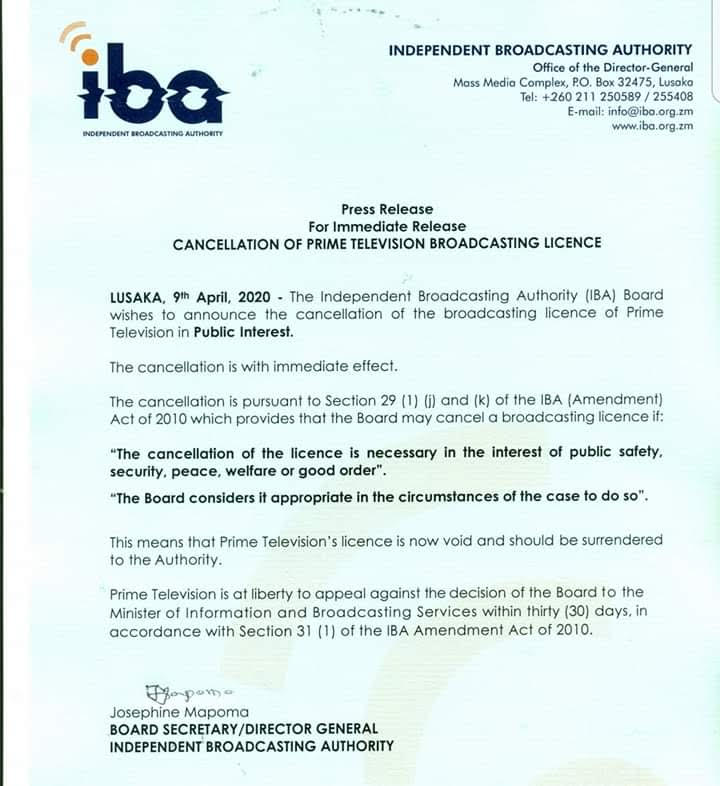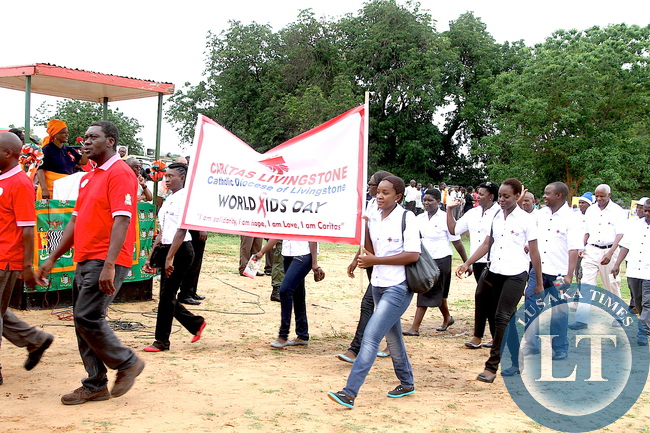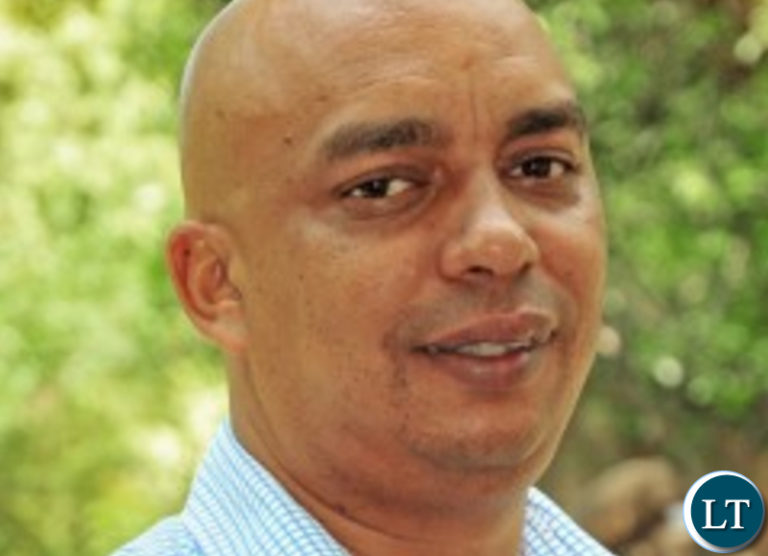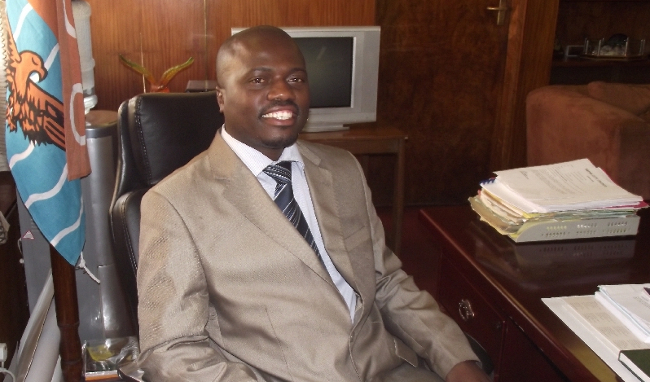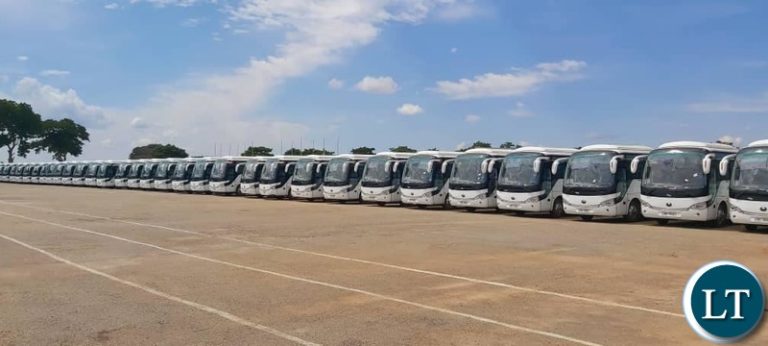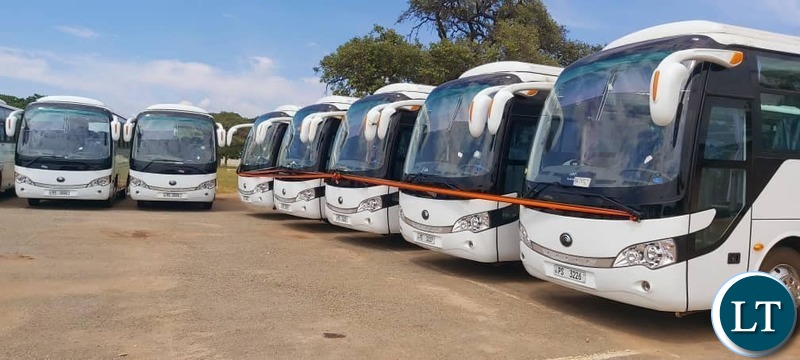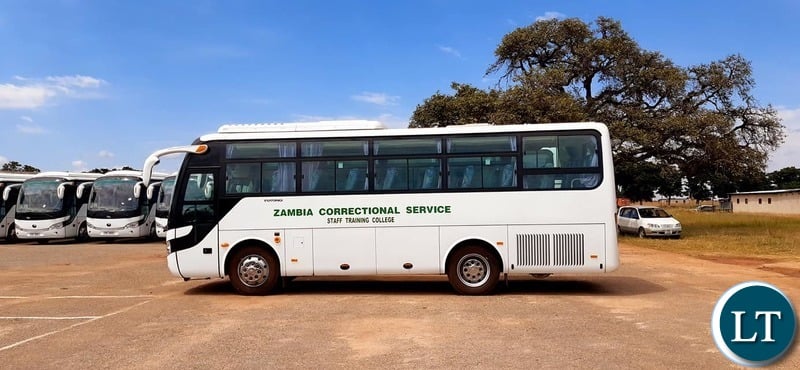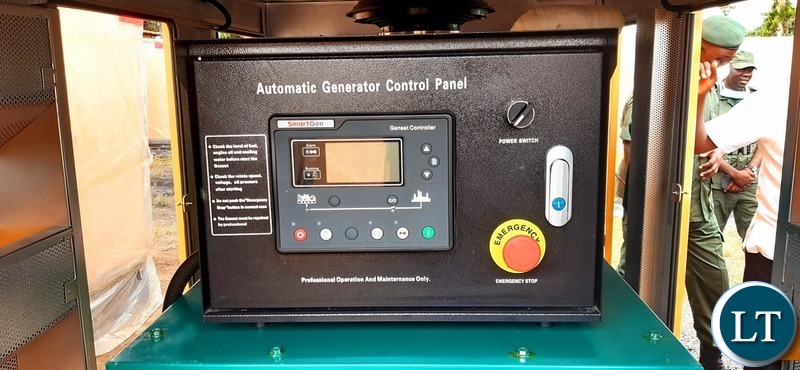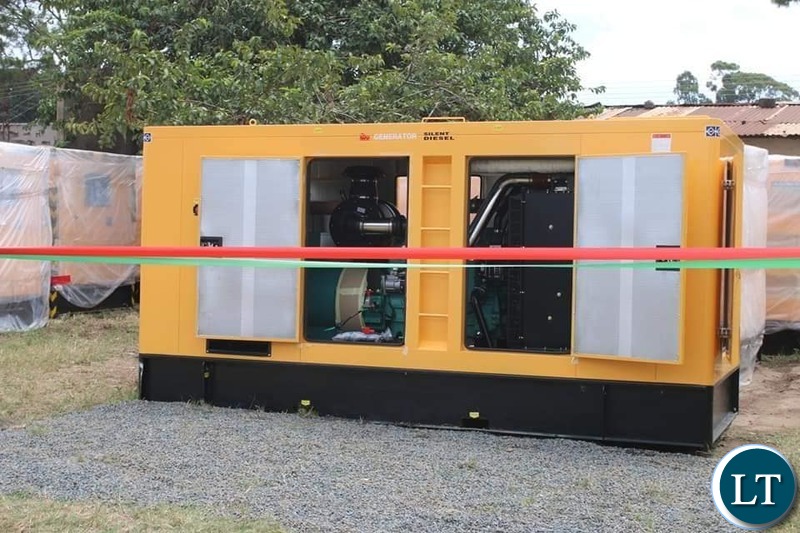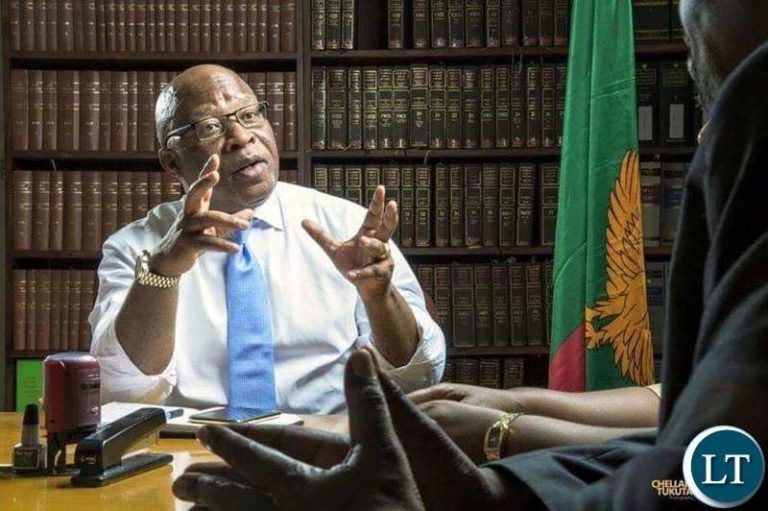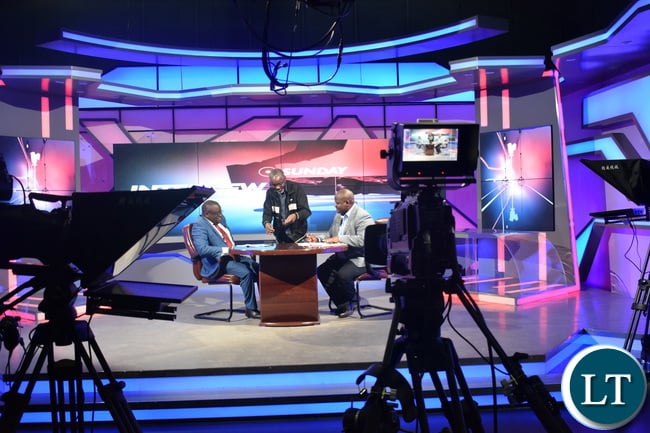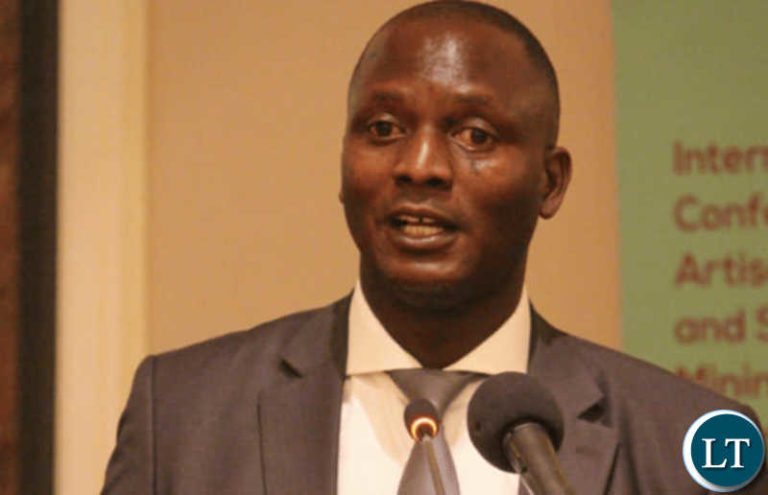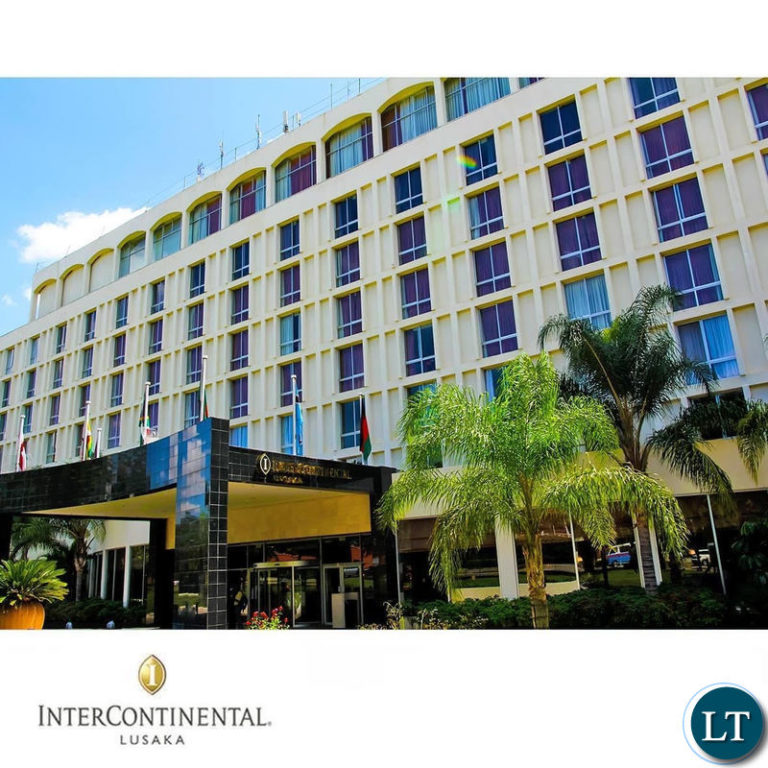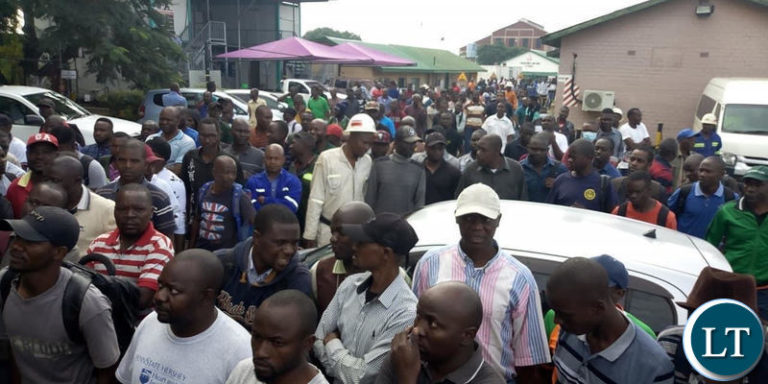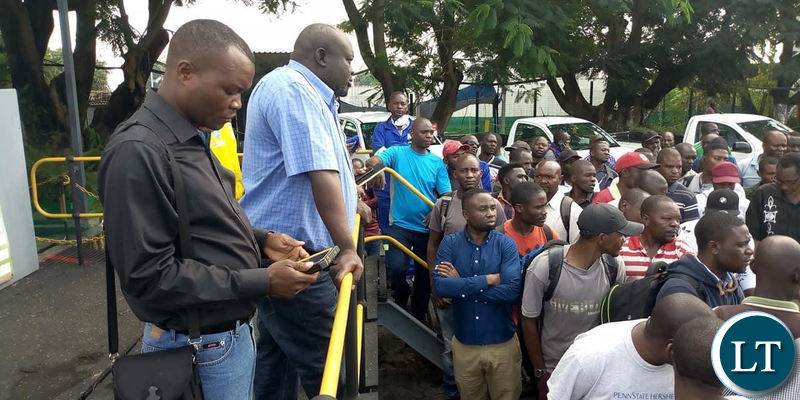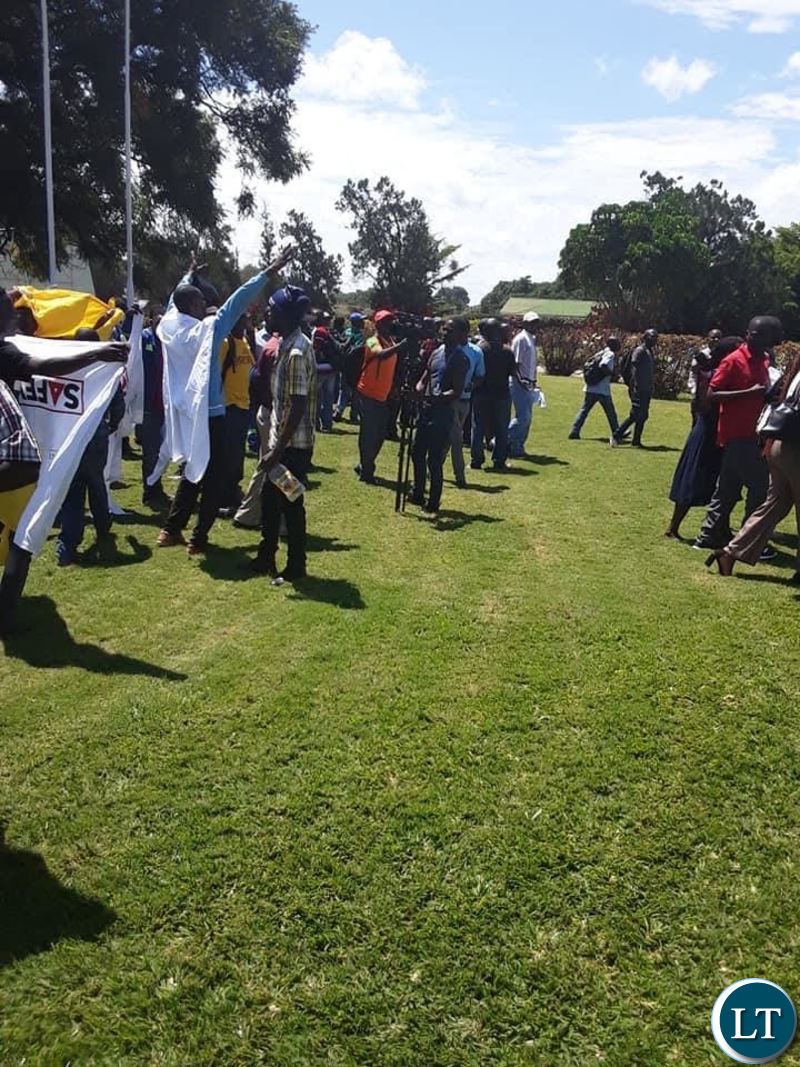Wherever you are, the Internet may connect you to global financial markets. Through local brokers like ForexTime, retail traders in Nigeria and the South Africa subregion have access to a wide range of finance instruments. Aside from conventional currency pairs like EUR/USD, online Forex brokerage allows trading of crypto money. Bitcoins and altcoins bring profits to those who foresee market trends.
Problems of Bitcoin Trading
The total number of coins in circulation is roughly 21 million. Not all of them may be traded. New bitcoins are generated through mining and the rate of production is changeable. It is swayed by public perception of the value of the coins, negative coverage in the media and other factors, which may have lasting effects. Amendment of regulations or introduction of new laws related to crypto may send its value up or down. Cybercrime and macroeconomic updates are no less powerful.
A Better Way to Trade
Today, many speculators favor CFD, a form of derivative that allows you to trade through a broker with lowered risk. Aside from eliminating threats associated with transactions in cryptocurrency exchange, these instruments enable you to profit from price volatility. They work for stocks, commodities, and even market indices. There is no need to mine or own any digital coins.
Profit generation is purely value-based. Both upward and downward movements of the Bitcoin rates could result in gains depending on the chosen strategy. Whichever method of trading you opt for, make sure your tactics are solid.
Never rush into trading headlong. Take time to think over your plan and choose the most promising course of action in the circumstances. However, making a plan is not enough, as you have to be able to stick to it regardless of emotional impulses.
Risk Management Approach
You need to develop a clear understanding of potential risks and acceptable losses. What portion of capital are you ready to put at stake per trade? Risk assessment is a vital part of any prudent investment strategy, be it Forex trading or crypto.
Since the Bitcoin market is extremely volatile, the preparation for possible abrupt changes. Include a system of stops and limits for all trades. The Stop Loss order, for instance, will auto-close the respective position as soon as the marketplace moves against you. Here are four examples of existing Bitcoin strategies.
1. HODLing
The term that was once a typo now describes a long-term strategy on Bitcoin trades. It centers on maintaining a long position with the expectation that the value of crypto will surge again like it did in 2018. Due to the changeable nature of the prices, this course of action is hardly advisable.
2. Hedging
CFDs allow you to go long or go short. If you expect the value of CFDs to decline, you are likely to sell immediately to hedge the immediate risks. If the price does fall, you will be able to purchase more of the same instrument later. The digital nature of CFDs ensures maximized convenience, as no actual crypto is traded.
3. Trend Trading
When consistently growing highs and lows are observed over a period, the market is regarded as a trending one. Here, you do not close your position until you think the trend will stop. The duration could span hours, days, weeks or months.
4. Breakout
When you expect a new trend to commence, you aim to enter the trading as soon as possible. This way, you will acquire an advantageous position by the time Bitcoin breaks out from its current range. Such vigilance may allow you to ride the trend from beginning to end.
[Sponsored]




